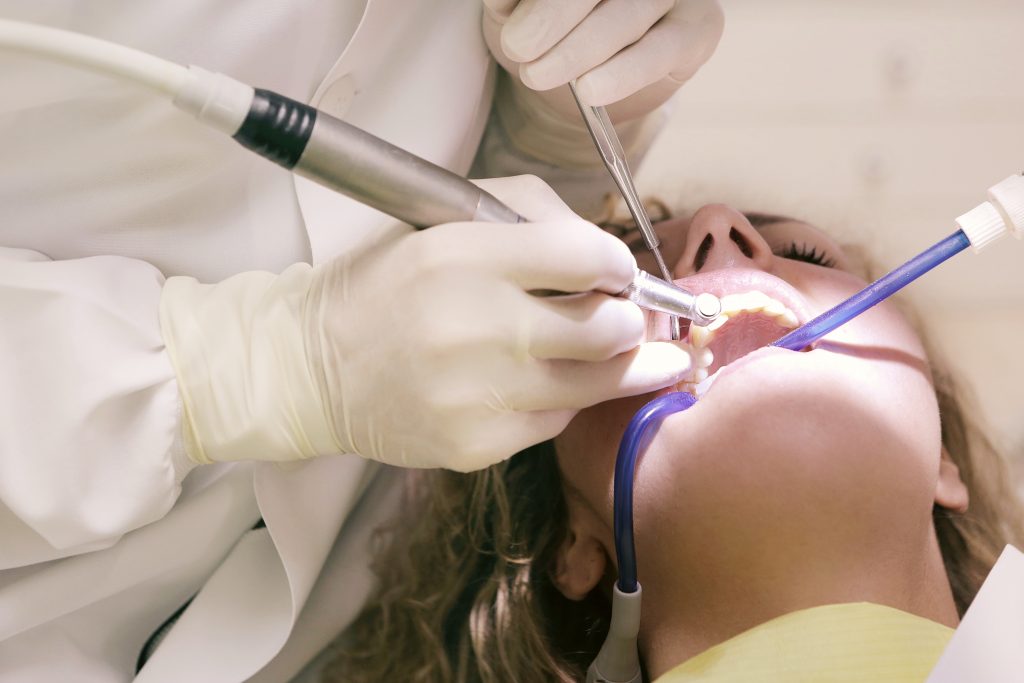Getting a Dental Tooth Filling in Dubai is a common yet important dental procedure that helps restore the function and aesthetics of your damaged teeth. While the treatment itself is crucial, how you care for your teeth afterward plays an equally vital role in ensuring the filling lasts and your oral health remains intact. Proper aftercare prevents complications like sensitivity, infections, or damage to the filling, so knowing the right do’s and don’ts after a tooth filling is essential.
Do Follow Your Dentist’s Instructions:
After your dental filling, your dentist will provide specific aftercare instructions tailored to your situation and the type of filling used. Following these guidelines closely—whether it’s about eating, oral hygiene, or medication—can significantly reduce the risk of complications and ensure smooth healing. Always ask your dentist if you’re unsure about any part of the care process.
Don’t Eat or Drink Immediately After Filling:
It’s important to avoid eating or drinking for at least an hour after your filling to allow the material to properly set. Consuming food or beverages too soon can compromise the filling’s bonding, causing it to become loose or damaged. If you received an anesthetic, wait until the numbness wears off to avoid accidentally biting your tongue or cheek.
Do Practice Gentle Oral Hygiene:
Maintaining oral hygiene is crucial after a filling, but it’s best to be gentle around the treated tooth for the first 24 hours. Use a soft-bristled toothbrush and avoid vigorous flossing near the filled area to prevent irritation. Regular brushing and flossing afterward will help keep the filling and surrounding teeth clean, reducing the risk of decay.
Don’t Consume Hard or Sticky Foods:
Hard foods like nuts, ice, and candies, or sticky foods such as caramel and chewing gum, can damage or dislodge your new filling. Avoid these foods for at least 48 hours, or until your dentist confirms the filling is secure. Eating softer foods during this time reduces stress on the tooth and supports the filling’s durability.
Do Manage Sensitivity Properly:
Some sensitivity to hot, cold, or pressure is normal after a filling, especially in the first few days. Using toothpaste for sensitive teeth and avoiding extreme temperature foods can help manage discomfort. However, if sensitivity persists beyond two weeks or worsens, consult your dentist promptly as it might indicate an issue requiring attention.
Don’t Ignore Pain or Discomfort:
Pain that lasts or intensifies after a filling isn’t typical and may signal problems such as an improperly placed filling, infection, or tooth fracture. Ignoring this discomfort can lead to further complications. Contact your dental provider immediately if you experience persistent pain or swelling around the treated tooth.
Do Avoid Teeth Grinding and Clenching:
Grinding or clenching your teeth can put undue pressure on your new filling, causing it to crack or wear down prematurely. If you are prone to these habits, especially at night, consider getting a nightguard recommended by your dentist. This device protects your teeth and fillings from excessive force, prolonging their lifespan.
Don’t Skip Regular Dental Check-Ups:
Regular visits to your dentist are essential after a filling to ensure it remains intact and your oral health is on track. During these check-ups, your dentist can detect early signs of filling wear or decay around the treated tooth. Timely maintenance can prevent more extensive dental procedures later on.
Do Maintain a Balanced Diet:
Eating a diet rich in vitamins and minerals supports the healing process after a dental filling. Foods high in calcium, vitamin D, and phosphorus help strengthen teeth and the surrounding bone. Staying hydrated and limiting sugary snacks also reduce the risk of new cavities forming near the filling.
Don’t Use Your Teeth as Tools:
Avoid using your teeth to open packages, bite nails, or chew on non-food objects, as these actions can weaken or damage dental fillings. Being mindful of how you use your teeth prevents unnecessary stress on the filled tooth and helps maintain your smile’s health and appearance.
Final Thoughts:
Proper Dental Tooth Filling in Dubai aftercare is key to ensuring the success and longevity of your dental restoration. By following the do’s like gentle hygiene, managing sensitivity, and regular check-ups, and avoiding don’ts such as eating hard foods too soon or ignoring pain, you can protect your teeth and enjoy a healthy, confident smile for years to come.

